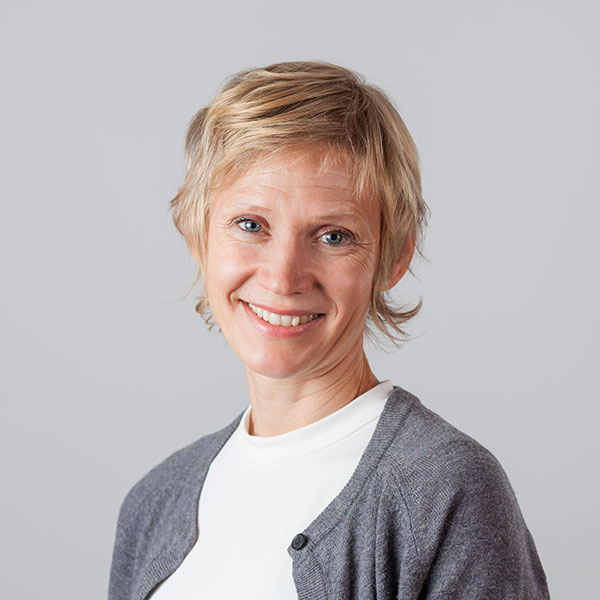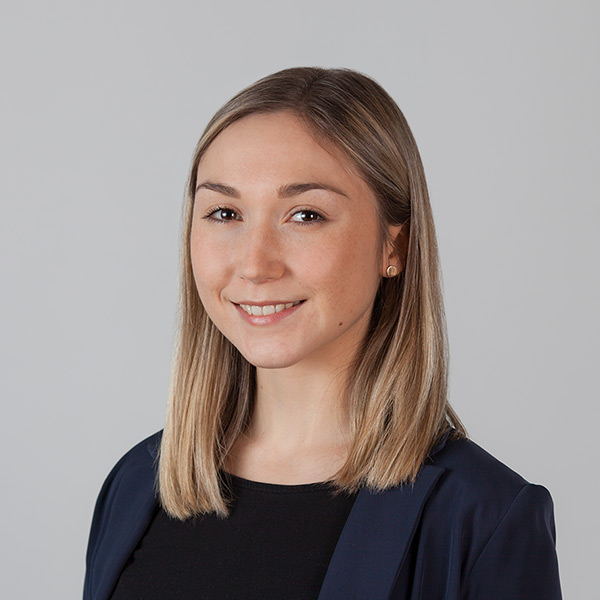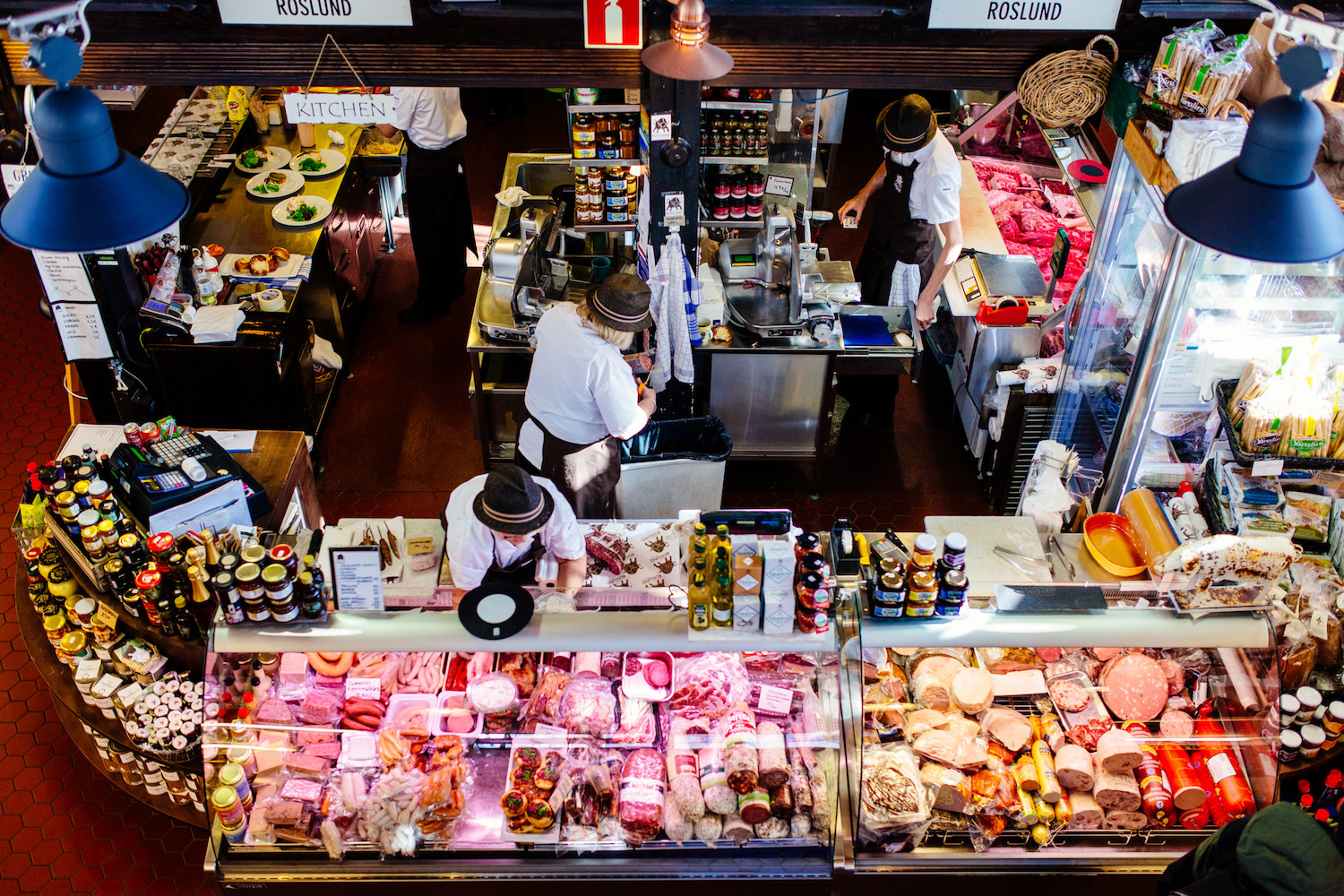As we become more aware of our consuming habits, food and its sustainability is gaining more attention. The global food system, which embraces all the people, institutions, activities, processes and infrastructure involved in producing, distributing and consuming food, causes approximately one third of the global greenhouse gas emissions. With the covid-19 pandemic furthermore increasing the overall interest in the healthiness and sustainability of what we eat, there’s a need to transform our urban food systems to be more economically, socially and environmentally friendly. The endeavour is no minor task, as it requires contribution from everybody in the food chain.
The Mission Zero Foodprint project has brought actors from the Finnish restaurant industry around this challenge to innovate and improve the sustainability of the food services. One particularly important goal is to make the change visible for the consumers. The project aims to co-create and experiment especially digital solutions to reduce the carbon footprint of the restaurant field.
We believe that in order to bring about change, dialogue and co-creation are key. Below we present the three central approaches that we have used to engage and co-create value with the restaurant ecosystem.
1. Co-creating with Local Food Ecosystem
During the spring and fall 2020, our project partner Laurea UAS ran a set of six co-creation workshops gathering over 100 participants from the greater Helsinki area. The aim was to discover and solve the biggest challenges concerning food waste, energy efficiency and carbon footprint in different types of restaurants. The insights and ideas from the workshops were translated into challenges to be solved and validated with the key stakeholders, including collaborators from the city, as well as key restaurant partners from small to large.
What we learnt from the workshops is that there is a strong need among the professionals for solutions to manage food waste, energy efficiency and carbon footprint in restaurants. These solutions should be accessible, easy to use and hopefully integrable to other systems already used by the restaurants. Furthermore, that accurate data is seen essential to improve the management of carbon footprint in food services.
We also hosted a series of webinars to support the dialogue with restaurants, but also to reach out to innovators and food-tech companies. This way we were able to communicate the needs of the restaurants and draw attention for the upcoming Open Call. With the Open Call for Agile Pilots, the aim was to seek innovative digital solutions that would help restaurants measure and reduce their carbon footprint. The needs and expectations of our key users, the restaurants, were central in the call.
One of the pilot restaurants, Restaurant Nolla, is a pioneer of sustainability and zero waste ideology in Finland.
“For us, it’s important to have the most recent information available when it comes to understanding for instance the impact our ingredients and other procurements have on the climate. The more accurate data we have, the more sustainable choices we can make”, states Luka Balac, one of the founding partners of Restaurant Nolla.
2. Collaborating with cities and other actors
Besides restaurants, we have also been seeking potential collaboration and cross-project activities with the cities and other actors working with the topics around carbon footprint. We believe that a strong collaboration network and active dialogue supports scaling the results and learnings of the project.
The Carbon Neutral Tourism project, run by a consortium of the six largest cities in Finland, is building a platform to collect data on the carbon footprint of the tourism industry. Together we have mapped out common goals and interests. With cross-project activities like this, data and solutions from the restaurant industry can support the efforts of the tourism data collection project as well as other national projects looking to develop suitable indicators and metrics for the tourism industry.
Furthermore, the City of Helsinki is developing a calculation tool of carbon footprint for event organisers. Together with the city we are exploring how the carbon footprint of catering services could be measured and incorporated into the tool. Furthermore, we may explore how measuring the carbon footprint of catering services could be used as a criteria in public procurement.
3. Restaurants as Living Labs
The ten pilot restaurants selected as living labs in the Mission Zero Foodprint project represent very different types of restaurants. However, all ten are passionate about learning more about their carbon footprint and managing food waste. During a six month agile piloting process, these restaurants will test digital solutions selected from the Open Call and operation models that aim to minimize their carbon footprint.
The agile piloting programme brings synergies between the different players: restaurants test the digital solutions in everyday practice, giving the solution providers real-time feedback for further development. The pilots also provide data and valuable learnings for the restaurants about their carbon footprint and food waste, as well as tools to manage them. The data may also be used by the cities, research institutes, or different consumer applications actively aiming for carbon neutrality.
As the piloting proceeds, we’ll look into how the carbon footprint and food waste monitoring may be best communicated to customers. Finding an effective and easily relatable way of communicating both the efforts and results is not only a valuable marketing tool but also increases trustworthiness and transparency amongst all actors in the restaurant industry.
The Mission Zero Foodprint project continues until the end of 2021. Follow us on twitter @foodprint to keep updated about our next steps in the project.
The Mission Zero Foodprint project promotes carbon neutrality of restaurants by developing an operational model and smart solutions, and by making the change visible for consumers. During the project, co-creation and pilots are carried out in collaboration with restaurants and other stakeholders in the Helsinki region. The project is coordinated by Forum Virium Helsinki, with Laurea University of Applied Sciences serving as project partner. The project is funded by the European Regional Development Fund and the Helsinki-Uusimaa Regional Council.
 Photo: Helsinki Marketing
Photo: Helsinki Marketing
Further information

Kaisa Spilling
#smartkalasatama #agilepiloting
#livinglab #co-creation
Mobile: +358 40 744 8831
kaisa.spilling(at)forumvirium.fi

Annamaria Rossi
Mobile: +358 50 491 2270
annamaria.rossi(at)forumvirium.fi
Subscribe to our project mailing list!
Subscribe with the form below and stay up to date with the latest developments in Mission Zero Foodprint.
